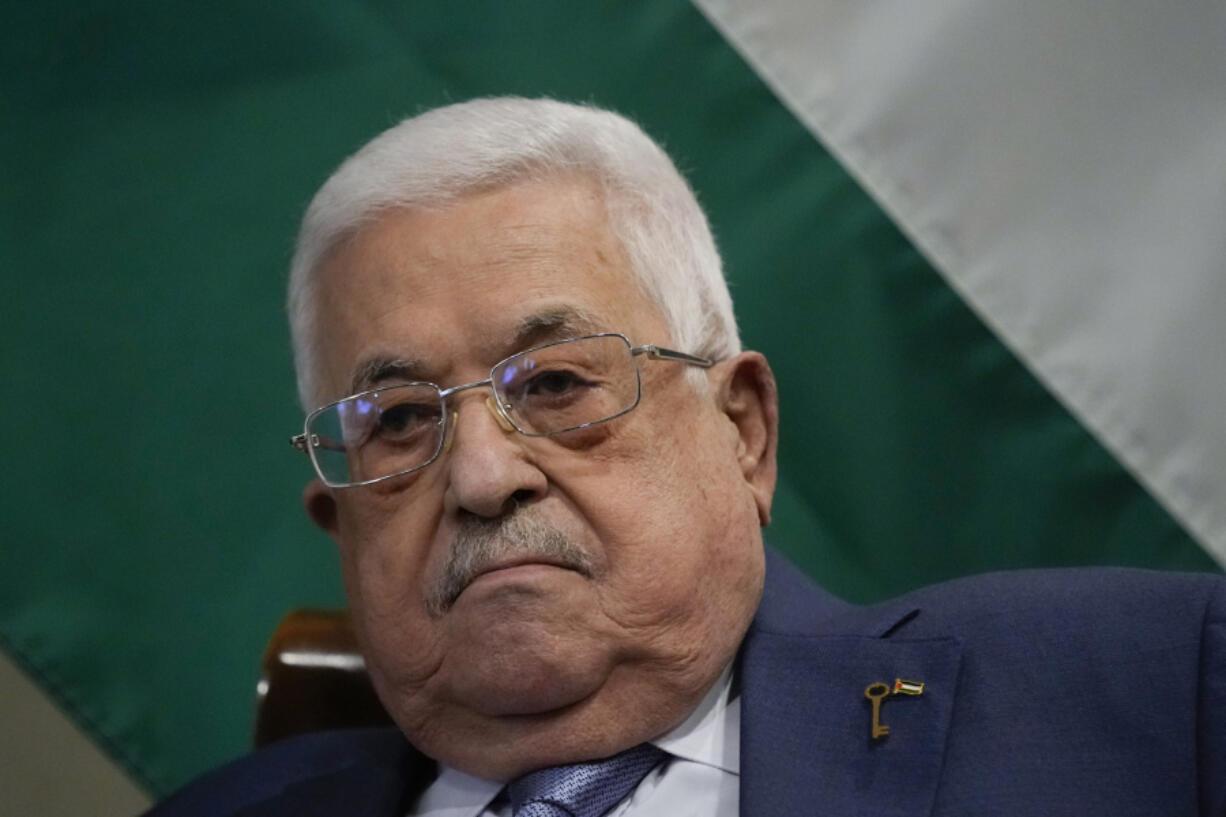RAMALLAH, West Bank — Palestinian President Mahmoud Abbas has appointed his longtime economic adviser to be the next prime minister in the face of U.S. pressure to reform the Palestinian Authority as part of Washington’s postwar vision for Gaza.
Mohammad Mustafa, a U.S.-educated economist and political independent, will head a technocratic government in the Israeli-occupied West Bank that could potentially administer Gaza ahead of eventual statehood. But those plans face major obstacles, including strong opposition from Israeli Prime Minister Benjamin Netanyahu, and the Israel-Hamas war that is still grinding on with no end in sight.
It’s unclear whether the appointment of a new Cabinet led by a close Abbas ally would be sufficient to meet U.S. demands for reform, as the president, 88, would remain in overall control.
“The change that the United States of America and the countries of the region want is not necessarily the change that the Palestinian citizen wants,” said Hani al-Masri, a Palestinian political analyst. “People want a real change in politics, not a change in names … They want elections.”
He said Mustafa is “a respected and educated man” but will struggle to meet public demands to improve conditions in the occupied West Bank, where Israeli restrictions imposed since the start of the war have caused an economic crisis.
In a statement announcing the appointment, Abbas asked Mustafa to put together plans to re-unify adminstration in the West Bank and Gaza, lead reforms in the government, security services and economy and fight corruption.
Mustafa was born in the West Bank town of Tulkarem in 1954 and earned a doctorate in business administration and economics from George Washington University. He has held senior positions at the World Bank and previously served as deputy prime minister and economy minister. He is currently the chairman of the Palestine Investment Fund.
The previous prime minister, Mohammad Shtayyeh, resigned along with his government last month, saying different arrangements were needed because of the “new reality in the Gaza Strip.”
The Palestinian Authority was established in the 1990s through interim peace agreements and was envisioned as a stepping-stone to eventual statehood.
But the peace talks repeatedly collapsed, most recently with Netanayahu’s return to power in 2009. Hamas seized power in Gaza from forces loyal to Abbas in 2007, confining his limited authority to major population centers that account for around 40 percent of the Israeli-occupied West Bank.
Abbas is deeply unpopular among Palestinians, many of whom view the PA as little more than a subcontractor of the occupation because it cooperates with Israel on security matters. His mandate ended in 2009 but he has refused to hold elections, blaming Israeli restrictions. Hamas won a landslide victory in the last parliamentary elections, in 2006.



